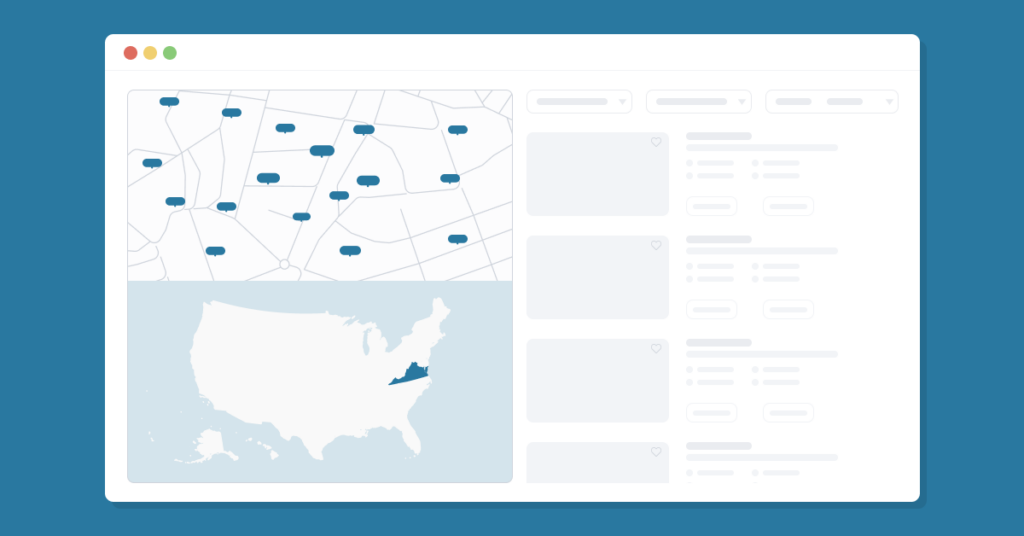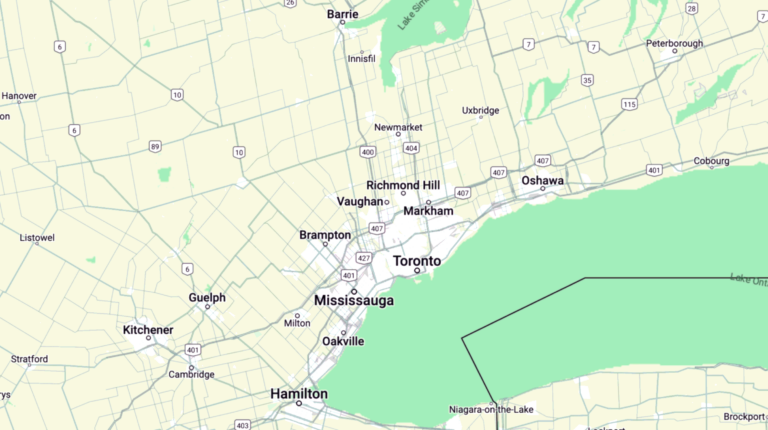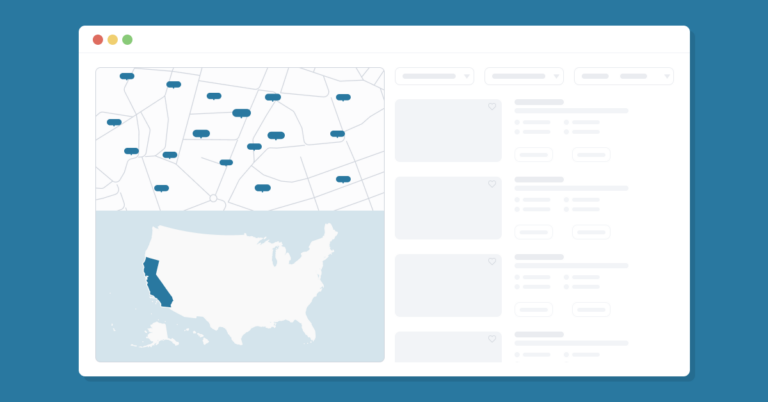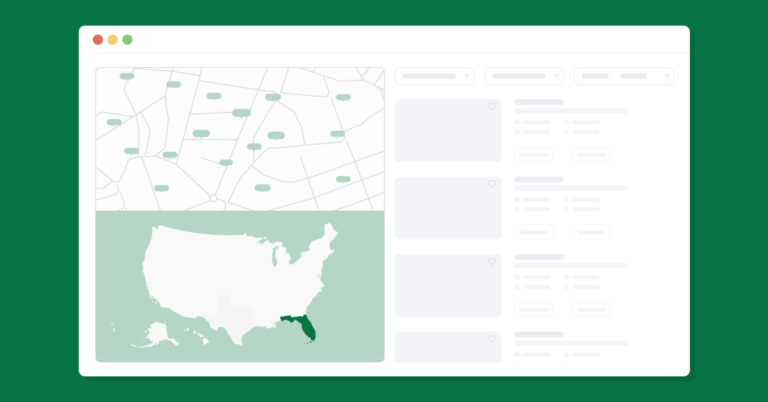Key Facts
Approximate Membership Size:
Real Estate Information Network (REIN) is operational in Virginia. The network has a membership of more than 10,000 real estate professionals made of real estate agents, broker firms, and appraisers.
Top Counties and Cities Covered:
REIN has widespread coverage in Virginia, predominantly in the Hampton Roads metropolitan area. Key areas include – Newport News, York counties, Gloucester, James City County, and surrounding areas.
Historical Mergers: In 1997, two major MLS systems of Virginia state – Metro MLS, Inc. and Virginia Peninsula Association of Realtors MLS merged to form the Real Estate Information Network (REIN). This significant merger was aimed at facilitating real estate professionals of this region with comprehensive services and resources, offering them wide access to a broader range of property listings and information that enhanced their service efficiency and ingenuity.
Associations Served: REIN serves a broad spectrum of local real estate associations as such :
- The National Association of Realtors (NAR)
- The Council of Residential Specialists
- Specialized groups such as the Association of Real Estate License Law Officials (ARELLO)
These key associations of REIN serve as the driving force behind its operation, providing integrated data, resources, education, tools, and technology to the members associated with remaining the forerunner in the real estate market of the Hampton Roads metropolitan area.
Integrating Real Estate Information Network IDX data
Building IDX websites for Real Estate Information Network can be really easy or extremely difficult depending (1) how you choose to access the data and (2) whether or not you choose to work with an approved vendor.
Before we jump into the details, let’s start with the basics:
What is an IDX feed?
An IDX feed, or Internet Data Exchange feed, is a technology solution that allows real estate agents and brokers to display up-to-date property listings from their local Multiple Listing Service (MLS) on their websites or real estate platforms.
It enables real estate professionals to provide valuable property information to potential buyers and sellers on their website directly instead of directing clients to portals like Zillow and Redfin, thus enhancing their online presence and client engagement.
Why do I need an IDX feed for Real Estate Information Network?
If you want to create your online presence using your website, an IDX feed for Real Estate Information Network is going to be your business’s bloodline. It will help you improve your online experience for clients and prospects, demonstrate your local expertise, generate leads and overall boost your competitive edge in the local market. Moreover, access to IDX feed for Real Estate Information Network is a must if you wish to display active or sold listings from Real Estate Information Network on your website.
How do I get Real Estate Information Network listings on my website?
There are two ways to integrate Real Estate Information Network IDX data with your website:
(1) Get a direct IDX feed from the MLS. Getting a direct IDX feed from the MLS needs filing some paperwork. The MLS requires you to understand and sign their policies on sharing and using MLS data. However, what’s most challenging with direct IDX feeds is the responsibility of downloading, maintaining and managing the data yourself which can cost you up to $2000/month. Do not forget the one-time set up fee and month on month payment to access the MLS data feed.
(2) Work with an approved IDX vendor. The second way is to go for vendors like Web4Realty who have direct access to Real Estate Information Network to provide correct IDX data to approved members of Real Estate Information Network. Working with Web4Realty will not only save you money but also prevents you from the mess of compliance issues, data vendor migrations, hosting fees, or uptime. Some providers, such as Web4Realty, even offer plugins for popular website platforms such as WordPress, Wix, Squarespace, and GoDaddy, allowing you to launch your website in minutes.
Real Estate Information Network Background
The Real Estate Information Network, Inc. (REIN) is one of the largest comprehensive real estate databases formed by merging two major MLSs – Metro MLS, Inc. and Virginia Peninsula Association of Realtors MLS. It was established to facilitate real estate professionals in the Hampton Roads metropolitan area. The network helped professionals access multiple property listings, market information, and access tools to facilitate the buying, selling, and leasing of properties. Over time, REIN has evolved markedly with technology, offering advanced property search features, mobile applications, online listing services, and training programs to ensure the best service to clients. REIN plays a vital role in the real estate market of the Hampton Roads metropolitan area, fostering a collaborative environment for industry professionals, thus serving the dynamic real estate market of Virginia state with the best integrity and professionalism.
What are the top cities served by Real Estate Information Network?
The Real Estate Information Network covers cities including Virginia Beach, Norfolk, Chesapeake, Portsmouth, Suffolk, Newport News, Hampton, Williamsburg, Poquoson, Smithfield, Franklin, Isle of Wight, Surry, Gloucester, Mathews, Yorktown, and James City County.
What are the top counties served by Real Estate Information Network?
The Real Estate Information Network covers several counties, including Accomack County, Chesapeake City, Gloucester County, Hampton City, Isle of Wight County, James City County, Mathews County, Newport News City, Norfolk City, Northampton County, Poquoson City, Portsmouth City, Southampton County, Suffolk City, Surry County, Sussex County, Virginia Beach City, Williamsburg City, and York County.
Which associations are part of Real Estate Information Network?
The Real Estate Information Network (REIN) is a specific organization, and its coverage, partnerships, or affiliations can be quite specialized and may vary over time. As of my last update, I can’t provide a current, detailed list of all the real estate associations or boards directly covered by or affiliated with the “Real Estate Information Network” without more specific information regarding the network’s reach and partnerships at this moment. However, typically, a real estate information network might interact or provide services for various local, regional, or national real estate associations, boards, and MLS (Multiple Listing Service) systems. These could include entities like the National Association of Realtors (NAR), local real estate boards like the Virginia Association of Realtors, the California Association of Realtors, or specific MLS systems such as the Bright MLS, Midwest Real Estate Data (MRED), or California Regional Multiple Listing Service (CRMLS).



